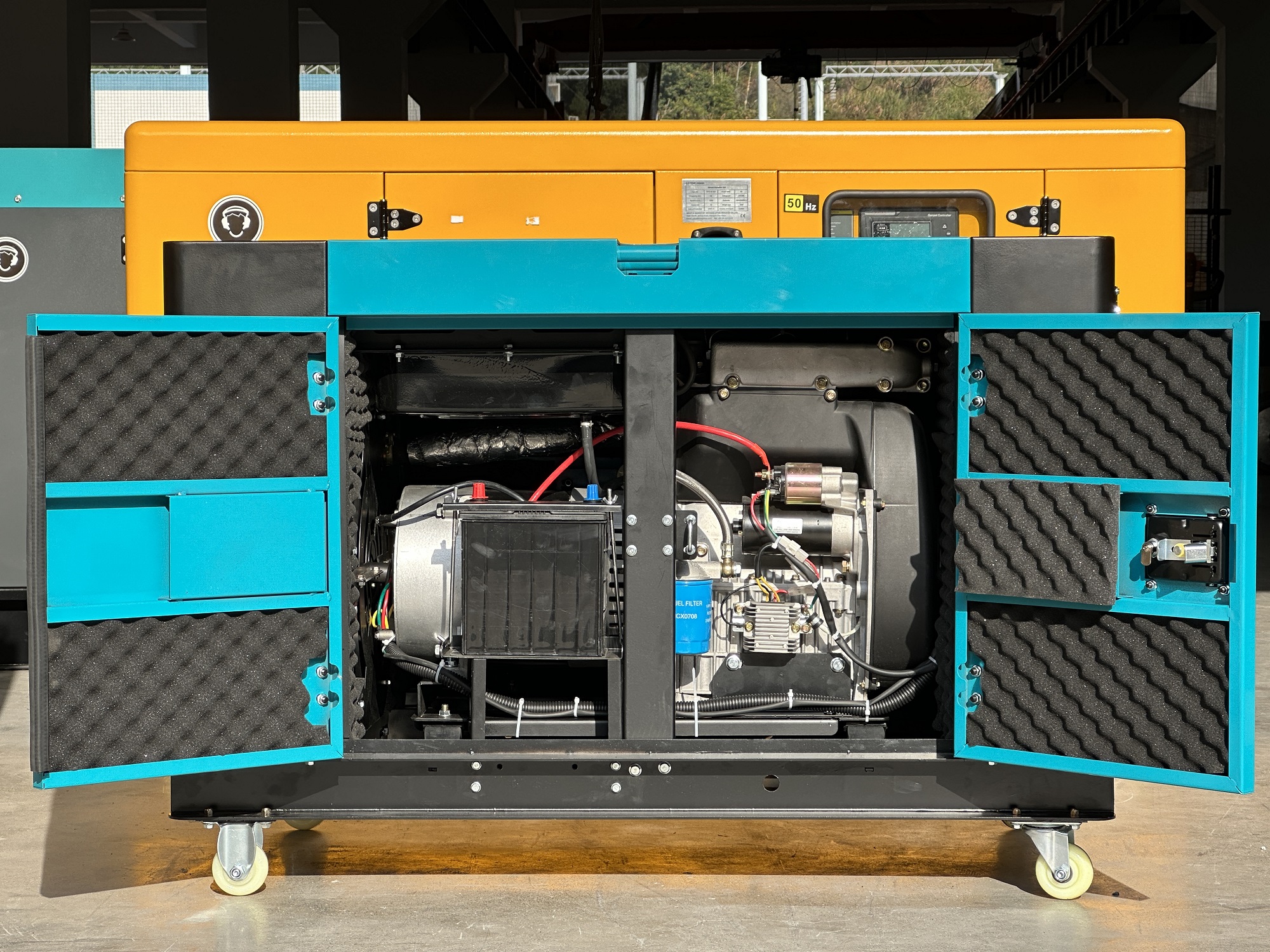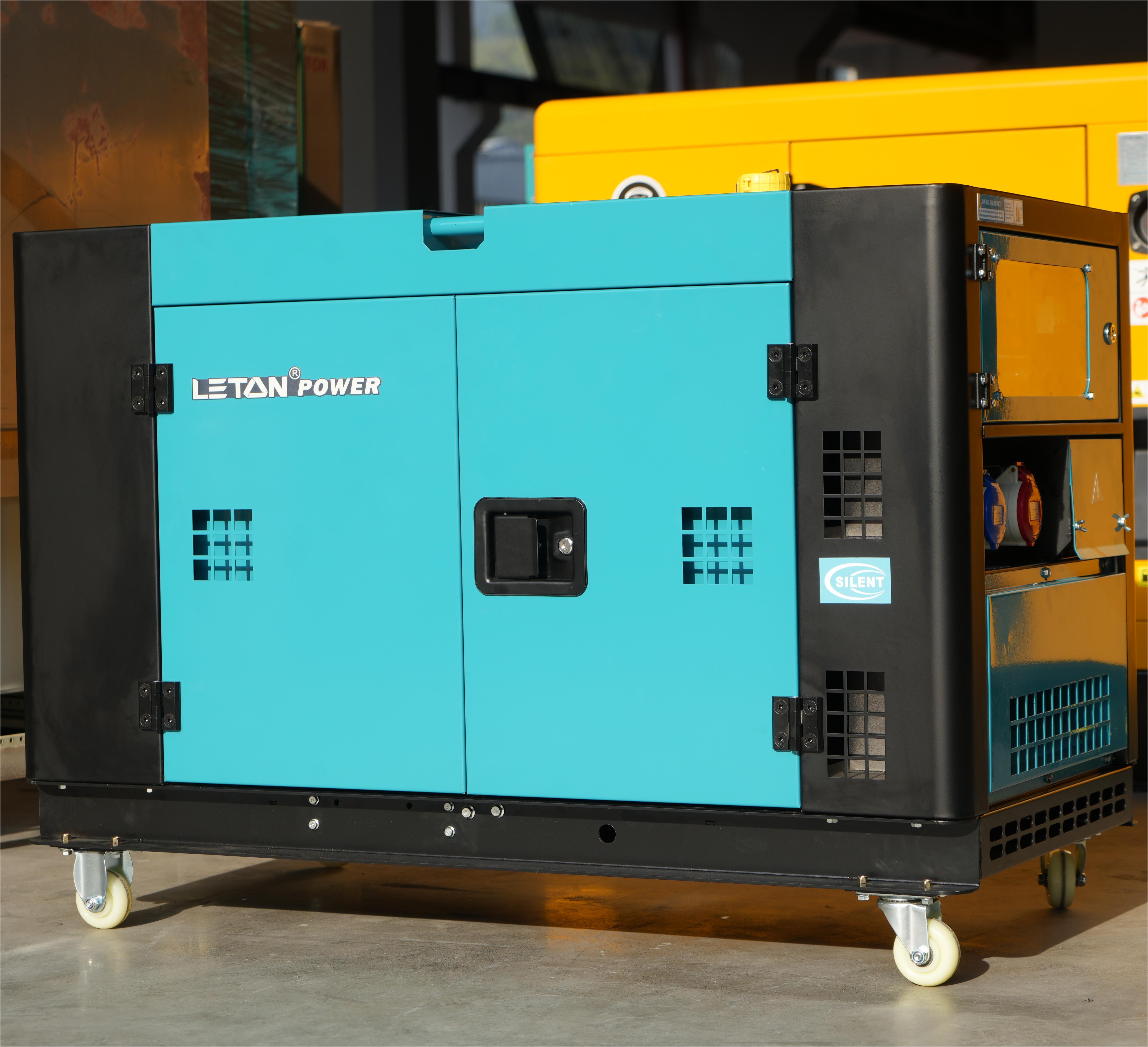A diesel generator is an essential piece of equipment for households seeking backup power during power outages caused by storms, natural disasters, or even routine maintenance. Choosing the right diesel generator for your home can be overwhelming with so many options available on the market. Here’s a comprehensive guide to help you make an informed decision:
1. Determine Your Power Needs
The first step is to assess your power requirements. List down all the essential appliances and devices you would need to run during a power outage, such as refrigerators, lighting, heating/cooling systems, well pumps, medical equipment, etc. Then, calculate the total wattage required by adding up the starting watts (surge watts) and running watts of each device. Starting watts are higher than running watts because appliances need a surge of power to initiate operation.
2. Choose the Right Wattage
Based on your power needs, select a diesel generator with a minimum rating that meets or exceeds your total wattage requirements. It’s always advisable to choose a generator with some extra capacity (around 20-30%) to account for future additions or to ensure you can run multiple appliances simultaneously.
3. Portability vs. Stationary
Decide whether you need a portable or stationary diesel generator. Portable generators are compact, lightweight, and can be easily moved around or stored when not in use. They’re ideal for small to medium-sized homes. Stationary generators, on the other hand, are larger, more powerful, and often require professional installation. They’re suitable for larger homes or businesses with heavy power demands.
4. Fuel Efficiency and Consumption
Diesel generators are known for their fuel efficiency compared to gasoline-powered ones. However, it’s still crucial to consider the fuel consumption rate of different models. A more fuel-efficient generator will save you money in the long run and ensure you have power for a longer duration during emergencies.
5. Noise Level
Noise can be a significant factor, especially if you plan to use the generator close to your living quarters. Look for models with low noise levels, often measured in decibels (dB). Generally, the quieter the generator, the more expensive it might be. Consider noise-reducing features like sound-insulated enclosures or mufflers.
6. Maintenance and Durability
Diesel generators are generally more durable and require less frequent maintenance than gasoline generators. However, regular maintenance is still essential to ensure optimal performance and prolong the generator’s lifespan. Consider the availability of spare parts and after-sales service in your area. Also, read reviews to understand the reliability and durability of different brands.
7. Safety Features
Safety should be a top priority when selecting a diesel generator. Look for features like automatic shut-off in case of low oil, overload protection, and electric start (to avoid the need for manual pulling of the recoil starter). Also, ensure the generator is equipped with carbon monoxide detectors and has proper ventilation to prevent carbon monoxide poisoning.
8. Cost and Budget
Finally, consider your budget. Diesel generators vary widely in price, depending on size, brand, features, and quality. While it’s tempting to opt for the cheapest option, remember that investing in a reliable and efficient generator will save you money in the long run. Compare prices and features from different brands and models to find the best value for your money.
By following these steps, you can confidently choose a diesel generator that meets your home’s specific needs, ensuring peace of mind during power outages.
Post time: Sep-11-2024








